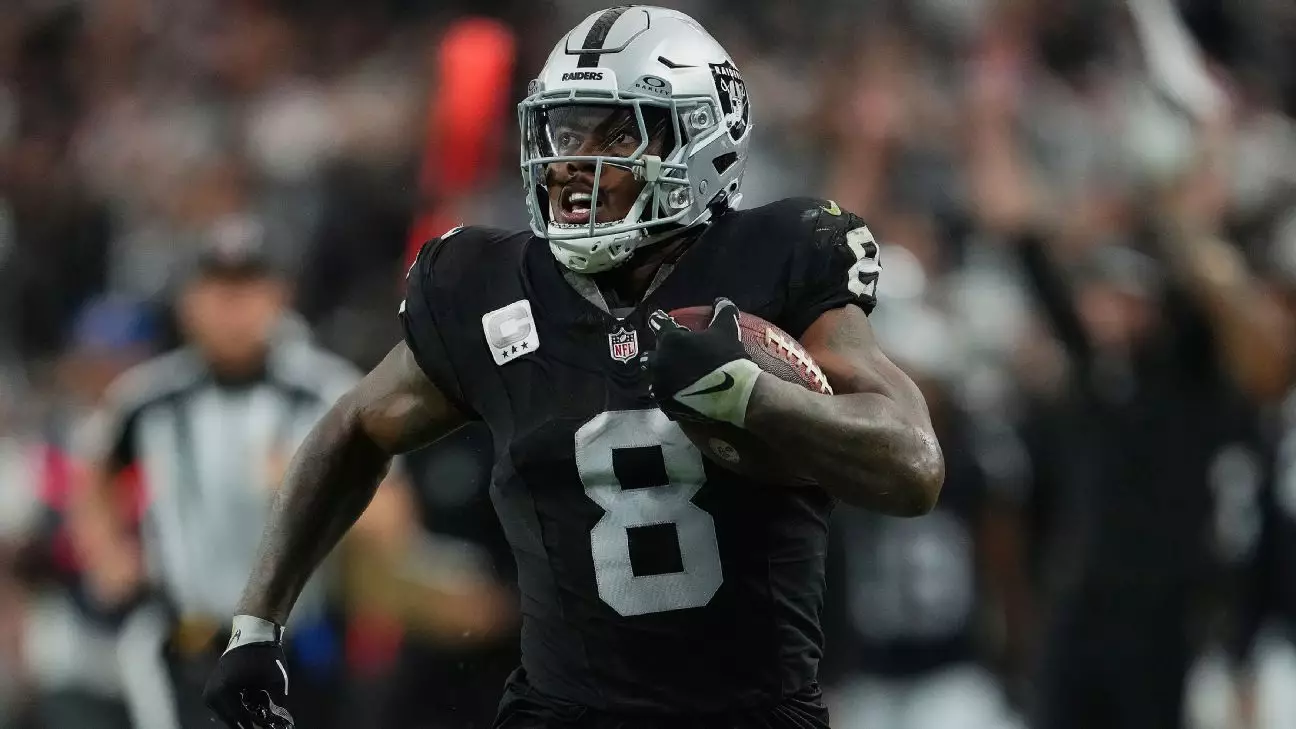As free agency approaches, the running back market is set to be one of the most star-studded in recent memory. Players such as Josh Jacobs, Saquon Barkley, and Tony Pollard are all expected to hit the open market. The Las Vegas Raiders will attempt to re-sign Jacobs, but the hefty price tag of $14,149,200 for the franchise tag makes this unlikely. The New York Giants will explore a deal with Barkley, but they are also hesitant to tag him for $12,109,200. Pollard, on the other hand, is not expected to receive the franchise tag from the Dallas Cowboys, further adding to the list of notable running backs set to become free agents.
The upcoming offseason is shaping up to have one of the finest and deepest running back classes in the history of free agency. The absence of any running backs being tagged this season is in stark contrast to the previous year, where Jacobs, Barkley, and Pollard all received restrictive franchise tags. This abundance of talent could be beneficial for teams looking to bolster their backfield, but it could also lead to challenges for the running backs themselves.
In a league where supply and demand dictate market value, the surplus of quality running backs could potentially drive down prices in free agency. While the top stars in the class may still command hefty paydays, the sheer number of talented backs available could create a competitive market that favors teams over players. The increase in the NFL salary cap for the 2024 season, reaching a record $255.4 million per team, further adds to the complexity of negotiations in the running back market.
The running back market has been a challenging one in recent years, with few players commanding top dollar contracts. Jonathan Taylor’s three-year, $42 million extension with the Indianapolis Colts in October 2021 marked a significant milestone as the first running back since 2021 to secure a lucrative long-term deal. This offseason presents a unique opportunity for running backs to defy the trend and secure contracts that reflect their value, although achieving franchise tag numbers may prove to be a challenging feat. Jacobs’ inflated franchise tag is a result of added guaranteed money in his deal, while Barkley’s contract included incentives that were not met.
The upcoming free agency period promises to be a dynamic and intriguing time for running backs in the NFL. With a wealth of talent available and a record-high salary cap, both teams and players will navigate a market that is poised for significant changes. The decisions made in the coming months could have lasting implications on the landscape of the league and the future of the running back position.

Leave a Reply